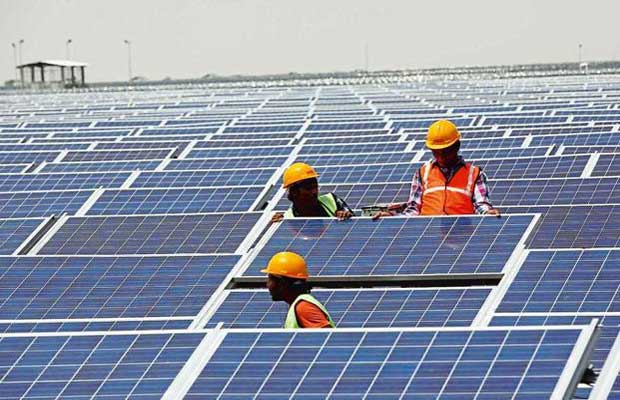India Requires $101 Billion Investment to Achieve Tripled Renewable Energy Targets: Report
A report by the energy think tank Ember highlights that India needs an additional investment of $101 billion to align with the International Energy Agency’s (IEA) Net Zero target of tripling renewable energy capacity. The report emphasizes that this financing is crucial to more than triple India’s renewable capacity by the 2030s, as outlined in the 14th National Electricity Plan (NEP14).
Key Points from the Report
- Investment Requirement: India requires an investment of $293 billion between 2023 and 2030 to meet the NEP14 solar and wind capacity targets, including storage and transmission.
- IEA Net Zero Target: To align with IEA’s Net Zero target, India needs to increase annual additions to 41 GW of solar and 11.8 GW of wind by 2027. This would require an additional 115 GW of solar and 9 GW of wind by 2030.
- Total Renewable Capacity: The report estimates that meeting these targets will take India’s total renewable capacity to 448 GW of solar and 122 GW of wind by 2030.
- Grid Integration: Establishment of a grid that integrates renewables is crucial. Interstate transmission systems (ISTS) are essential, and India needs to increase storage and transmission capacity to meet IEA Net Zero targets.
- Storage Requirements: To meet IEA targets, India will need an additional 48 GW of ISTS and at least 14 GW (six hours) of battery storage.
- Investment Risks: Despite the rise in investment in renewable energy projects, challenges such as payment delays, Power Purchase Agreement renegotiations, and land acquisition complexities pose risks.
- COP28 Anticipation: With India securing a G20 commitment in September 2023 to triple renewable energy capacity globally, there is anticipation to secure a global commitment at the 28th Conference of Parties (COP28) to the United Nations Framework Convention on Climate Change.
- Foreign Investment: Attracting investment, particularly from foreign sources, is crucial for successful implementation. Addressing risk factors is pivotal in securing financing for India’s renewable energy projects.
Month: Current Affairs - November, 2023
Category: Environment Current Affairs • Reports & Indexes Current Affairs








